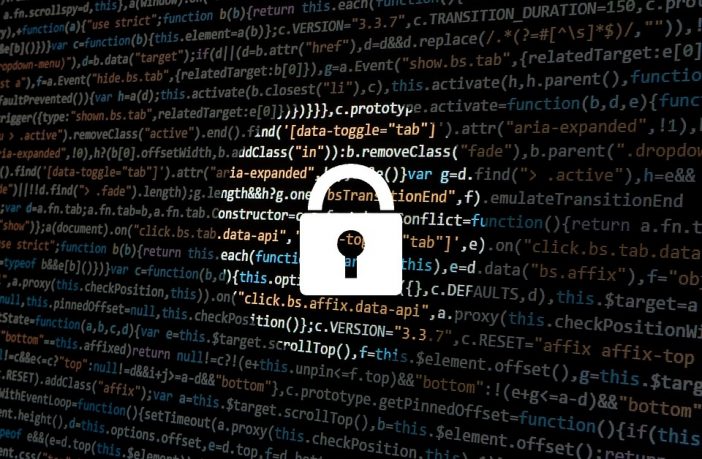Losing your purse or wallet or having it stolen is always stressful, disruptive and inconvenient. Having your identity or personal information stolen or hacked can be worse.
Not only can criminals with access to your information potentially clean out your bank account, they can also fraudulently open accounts or apply for loans in your name. Unsuspecting creditors will come to you for repayment and the trail of debt will certainly affect your credit score.
Nowadays it’s not just losing your identity document or other hard copies of personal information that you have to worry about. An ever increasing amount of your personal and financial information is now stored digitally, increasing the possibility of unauthorised people accessing it or even it being accidentally leaked. There have been several recent examples of this.
Besides your online banking profile if you’ve bought an app, book or any other product online, that company has some record of your financial and personal details. Even though the information is protected and secured, mistakes can occur or hackers could gain access to the files.
Financial services provider DirectAxis has the following tips for protecting your personal information.
- Keep tabs of your credit score. If you’ve been paying your debts on time, haven’t opened up a lot of new accounts and have otherwise been financially responsible, a sudden decline in your credit score may indicate fraudulent activity.
South Africans are entitled to one free credit report a year and it’s a good idea to review the report to look for and query anything unusual. But only checking annually may not be sufficient. Signing up for online tools such as Pulse, https://www.directaxis.co.za/pulse will allow you to check your credit information as often as you like, for free. It will also flag any credit enquiries made against your name.
- Receive alerts when your debit or credit card is used: Most banks offer a service that sends an SMS notification every time your debit or credit card is used. Although it may cost you a little in bank charges, it does mean that if anyone gets hold of your card or duplicates it, you’ll know as soon as they use it and can ask the bank to block the card. If you can prove fraud and that you took precautions to prevent it, most banks will reverse illegal transactions.
- Don’t carry any identification that isn’t essential: Most places will accept your driver’s licence as a form of identification. If you lose this, it’s inconvenient, but losing your ID documentation or having it stolen could expose you to more risk of identity theft.
- Advise financial service providers of a change of address: If you don’t want your sensitive financial documents and other private information ending up in a stranger’s letterbox tell companies that send you statements and accounts by post when you move.
- Tear up or shred sensitive documents: Don’t throw out documents containing information that other people could use to impersonate you.
- Choose security over convenience: When transacting online, more security is always better than less. Experts talk about two-tier security. This means you need a login and password to access your accounts and then need a verification to transfer money or increase your monthly payment limit. This usually takes the form of one-time-password sent to your cellphone. It may take a little longer, but it’s much more secure.
- Be careful what you share online: Many online sites use security questions, such as the name of your first dog or your mother’s maiden name to verify your identity or if you want to change your password. If all this information is available on your social media postings, fraudsters could use it to access your online accounts.
- Your cellphone isn’t a safe: You might think your mobile phone is a good place to store all your passwords, but what happens if it’s lost or stolen? Even smartphones with fingerprint IDs and passcodes aren’t foolproof, especially if your code is 1234.
A good rule of thumb, if you’re unsure about what should be in the public domain is the postcard test. If you wouldn’t write it on a postcard, then you should probably keep it to yourself.




